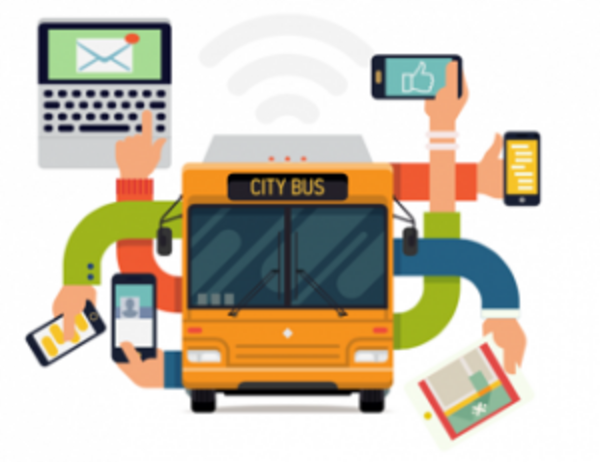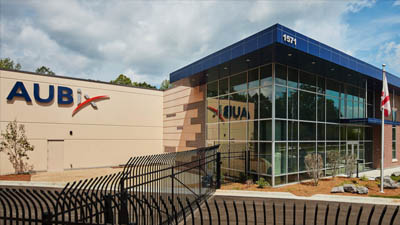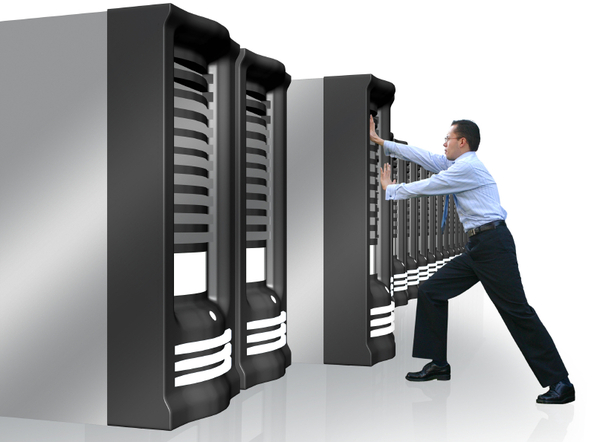There has been a lot of hype around smart cities because it promises to address many of the technology challenges cities face today. According to IDC’s Infobrief, “The Role of Public Wi-Fi in Enabling Smart Cities,” these solutions can help cities with:
- Economic development
- Sustainably managing strained infrastructure like roads and water
- Reducing the digital divide
- Meeting increasing resident, visitor and business expectations for a fully connected mobile experience
City leaders are embracing the concept of smart cities because it promises to deliver a new way of living through innovative technologies, solving some of their biggest challenges from transportation to waste management, streetlights and much more. Smart cities will leverage technologies from the so-called Internet of Things (IoT), where ‘things’ are built around various types of sensors and connected to the Internet through connectivity options including Wi-Fi, ZigBee, Bluetooth® Low Energy, LORA and others. 
- Providing an amenity for residents, students, visitors, and tourists: people expect to be connected at all times and this does not diminish when people are within city limits. Wi-Fi helps cities meet the expectations of all people.
- Bridging the digital divide: over 30% of the global population is still without Internet access. In today’s digital economy, it is imperative that anyone who wants Internet access should be able to obtain it. Wi-Fi can help cities bridge this digital divide.
- Enabling IoT services: as previously stated, IoT will be huge. However, the IoT market is fragmented and placing bets today on which technology to implement can be risky. Wi-Fi not only supports some IoT applications itself but can also be an enabler of IoT solutions by supporting multiple IoT wireless technology.
Wi-Fi is a technology that is here to stay with proven technology. Wi-Fi provides cities today with many benefits including connectivity, data and other insights to make it smarter. Public Wi-Fi is now and will be here in the future. As one of the most widely deployed Smart City use case, it is a great first step for cities to becoming ‘smart.’












